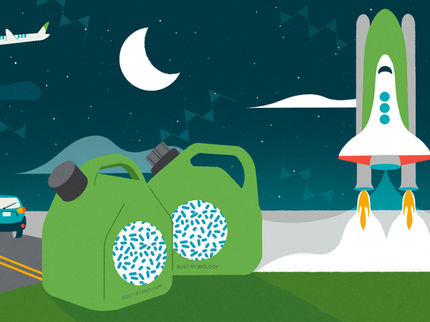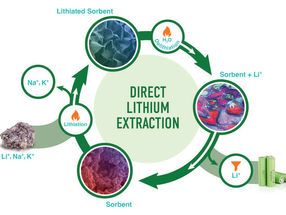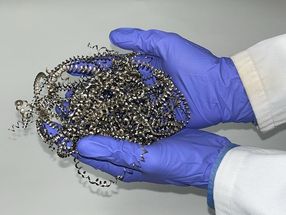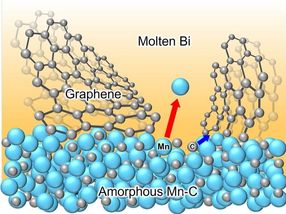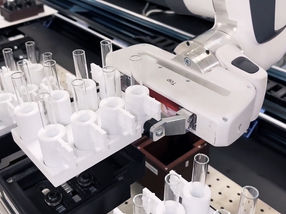Fueling aviation with hardwoods
A multi-university study highlights an alternative biofuel which may be utizlized by the transportation industry
A key challenge in the biofuels landscape is to get more advanced biofuels—fuels other than corn ethanol and vegetable oil-based biodiesel—into the transportation pool. Utilization of advanced biofuels is stipulated by the Energy Independence and Security Act; however, current production levels lag behind proposed targets. Additionally, certain transportation sectors, such as aviation, are likely to continue to require liquid hydrocarbon fuels in the long term even as light duty transportation shifts to alternative power sources. A multi-university team lead by George Huber, Professor of Chemical and Biological Engineering at the University of Wisconsin-Madison, has addressed both challenges through the concerted development of technology designed to transform lignocellulosic biomass into a jet fuel surrogate via catalytic chemistry. This promising approach highlights the versatility of lignocellulose as a feedstock and was recently summarized in the journal Energy & Environmental Science by team member and lead author Jesse Q. Bond, Syracuse University Assistant Professor of Biomedical and Chemical Engineering.
Lignocellulosic biomass is an abundant natural resource that includes inedible portions of food crops as well as grasses, trees, and other "woody" biomass. According to the United States Department of Energy, the United States could sustainably produce as much as 1.6 billion tons of lignocellulose per year as an industrial feedstock. Lignocellulose can be processed to yield various transportation fuels and commodity chemicals; however, current strategies are not generally cost-competitive with petroleum. Here, Huber's team presents a comprehensive approach toward streamlining biomass processing for the production of aviation fuels. The proposed technology hinges on efficient production of furfural and levulinic acid from sugars that are commonly present in lignocellulosic biomass. These two compounds are then transformed into a mixture of chemicals that are indistinguishable from the primary components of petroleum-derived aviation fuels.
The technology was demonstrated through a multi-university partnership that brought together expertise in biomass processing, catalyst design, reaction engineering, and process modelling. Economic analysis suggests that, based on the current state of the technology, jet fuel-range hydrocarbons could be produced at a minimum selling price of $4.75 per gallon. The work also identifies primary cost drivers and suggests that increasing efficiency in wastewater treatment and decreasing catalyst costs could reduce that amount to $2.88 per gallon.
"This effort exemplifies the impact of a well-designed collaboration," said Bond. "As individual researchers, we sometimes focus too narrowly on problems that we can resolve using our own existing skills. Biomass refining is complex, and bio-based aviation fuels are difficult targets. Many of the real roadblocks occur at scarcely-studied research intersections. In our view, the only meaningful way to tackle these challenges is through strategic partnerships, and that is precisely what we've done in this program."
Most read news
Topics
Organizations
Other news from the department science

Get the chemical industry in your inbox
From now on, don't miss a thing: Our newsletter for the chemical industry, analytics, lab technology and process engineering brings you up to date every Tuesday and Thursday. The latest industry news, product highlights and innovations - compact and easy to understand in your inbox. Researched by us so you don't have to.
